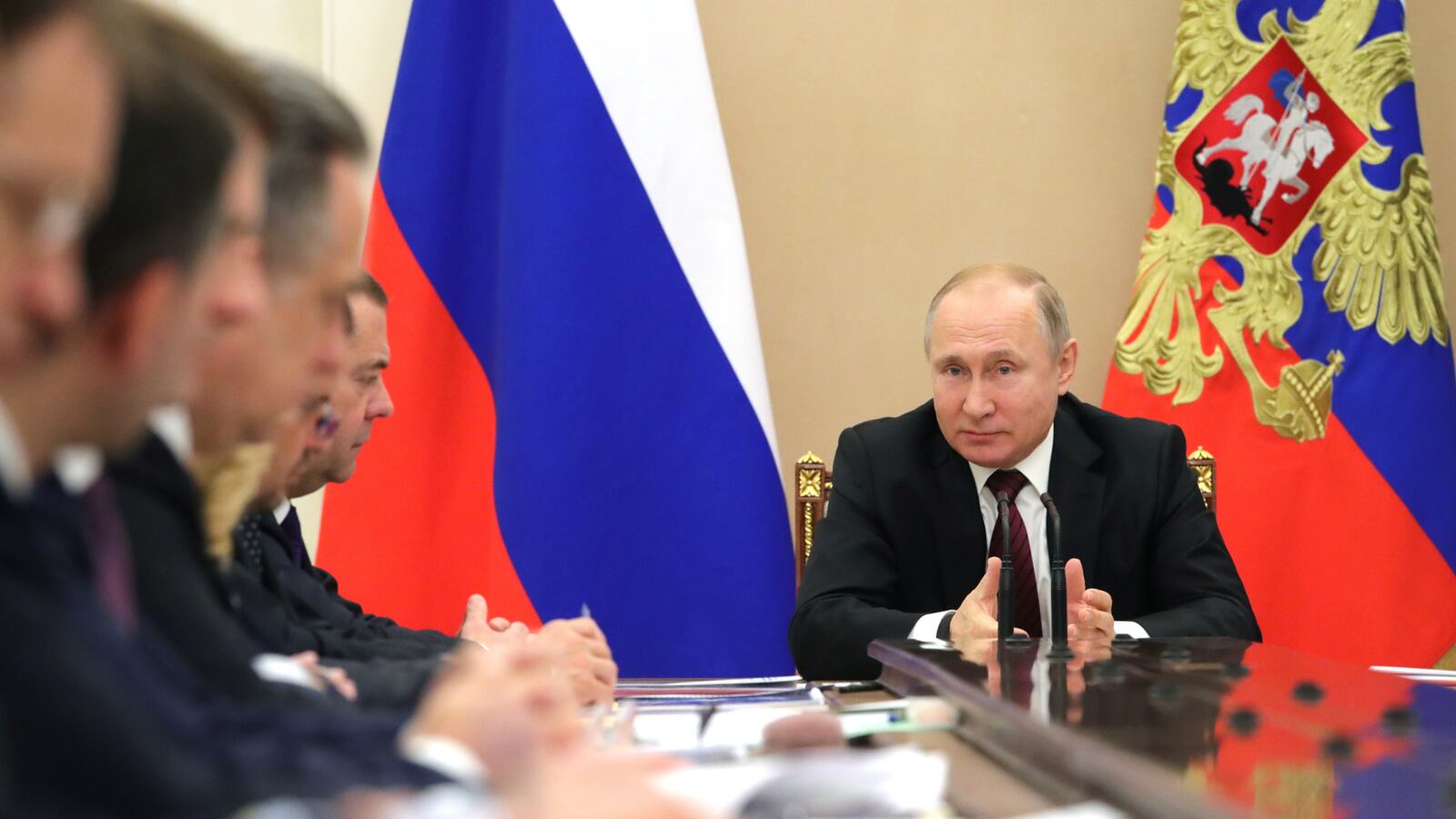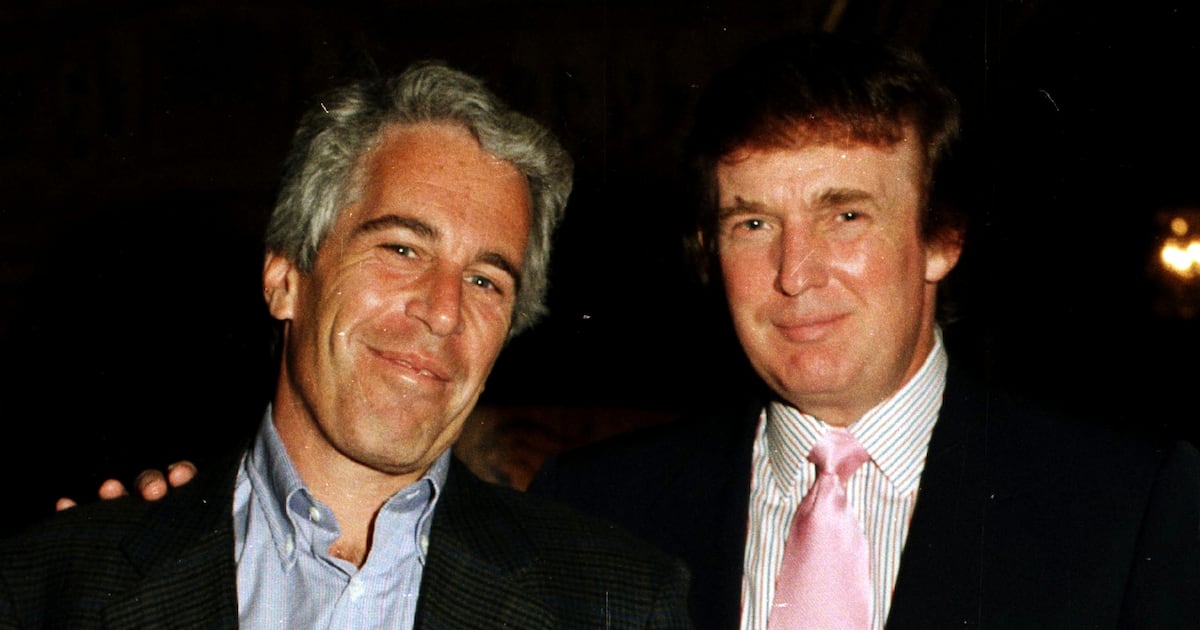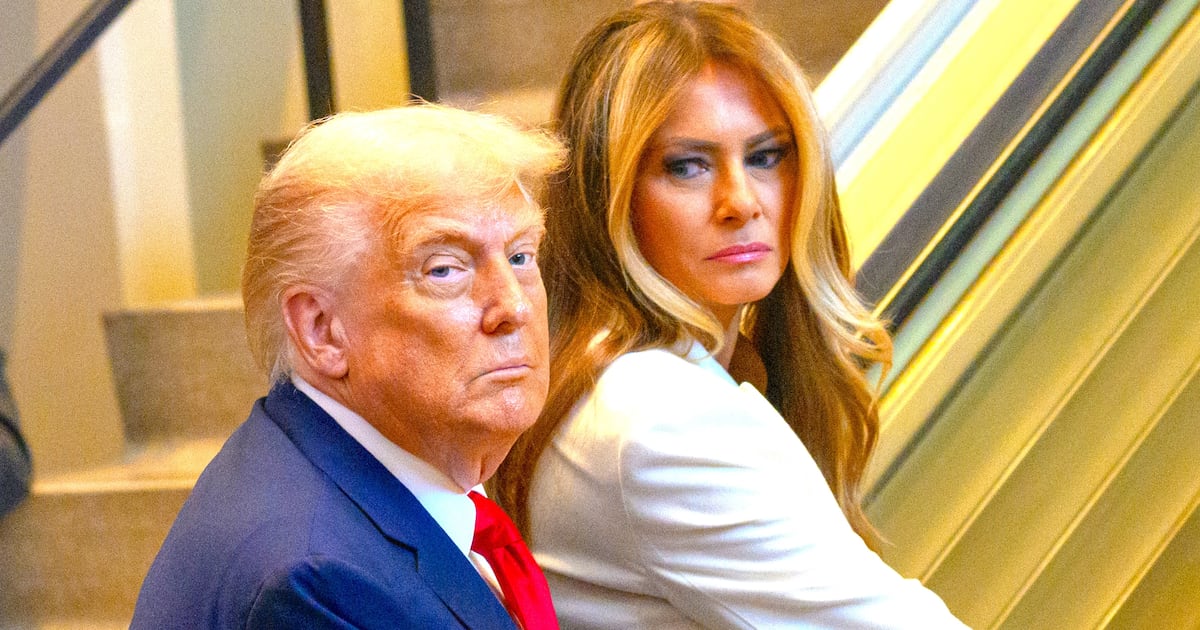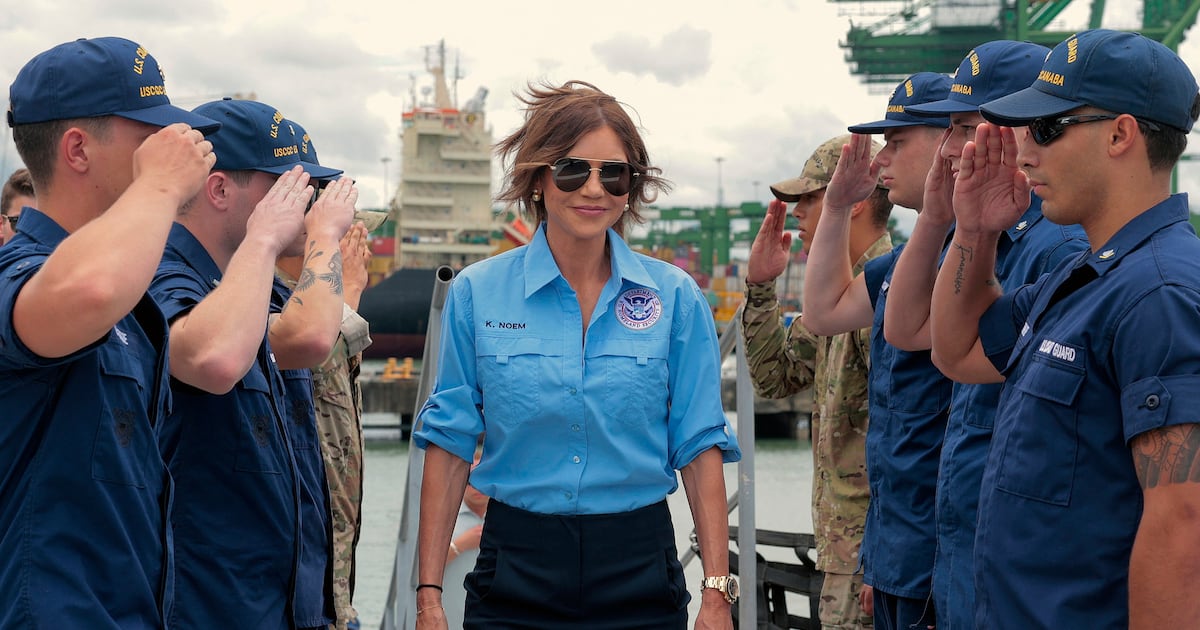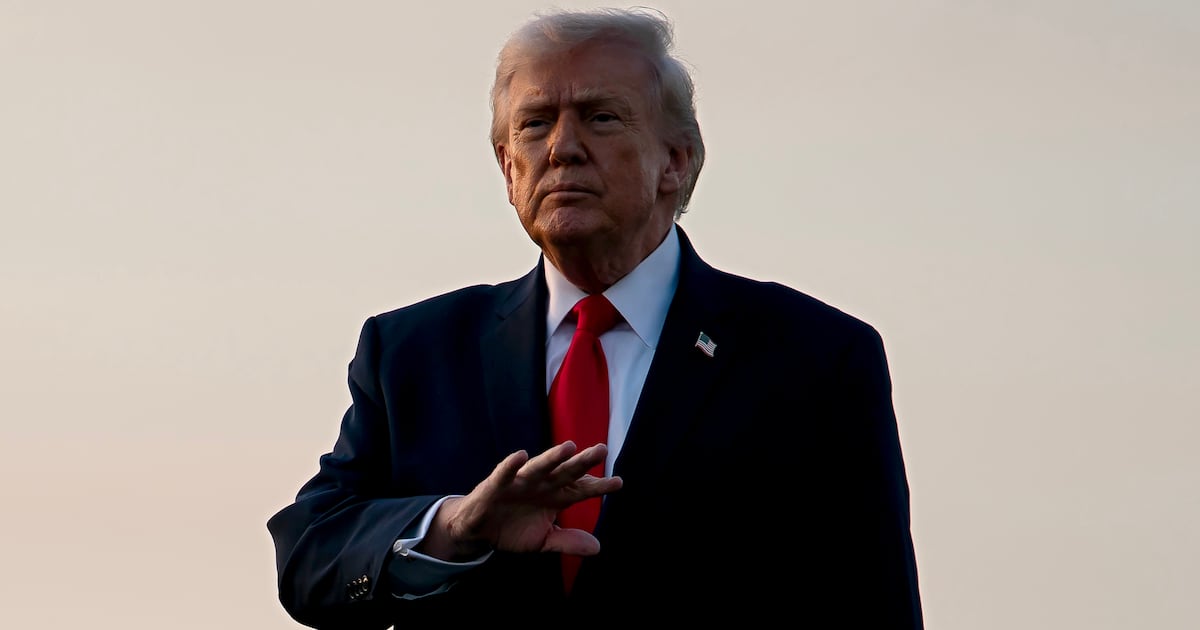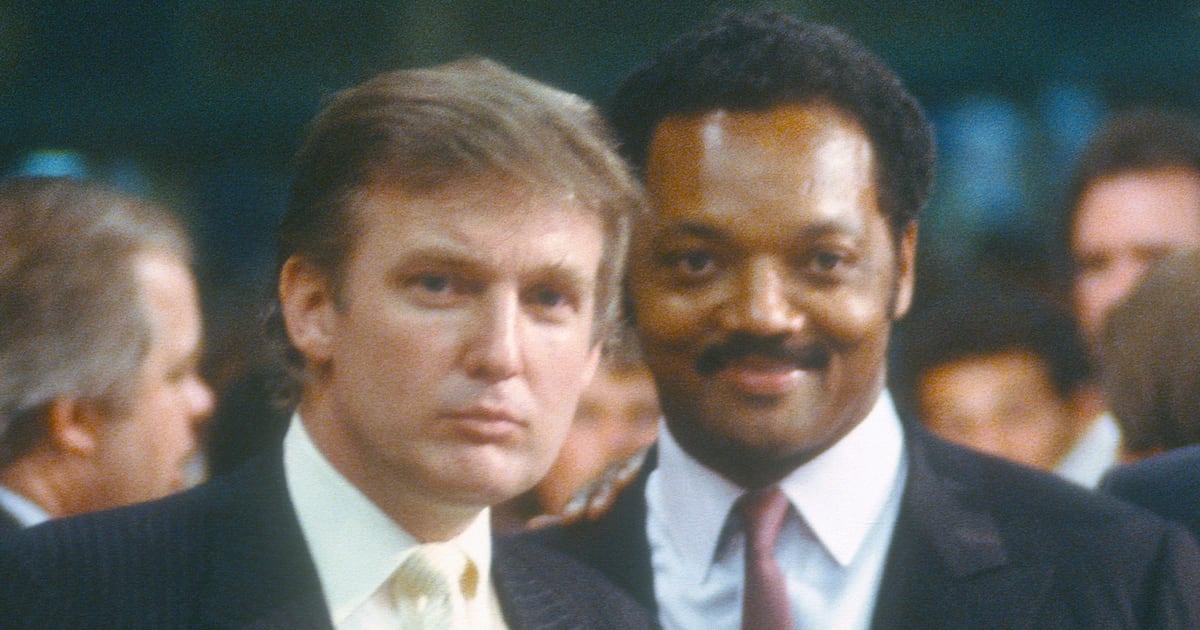When news broke that Special Counsel Robert Mueller’s investigation “did not establish that members of the Trump Campaign conspired or coordinated with the Russian government in its election interference activities,” Russian officials and the state media reacted with fiendish delight.
Senator Alexei Pushkov, a senior deputy in Russia’s upper-house Federation Council, described the Mueller report as “a mountain that birthed a dead mouse.” Citing Fox News, Russian state news agency TASS reported that the findings represent a complete victory for President Trump. “It’s not every day you get to see [Rachel Maddow] nearly cry live on-air,” rejoiced Russian state media outlet RIA Novosti.
Evgeny Popov, the host of 60 Minutes, the most popular TV program in Russia as of 2018, interpreted Mueller’s findings as a confirmation that “Russia didn’t elect Trump,” but “will most definitely elect him in 2020.” Russia’s Federal News Agency (RIA FAN), an offshoot of the notorious Russian troll factory known as the Internet Research Agency (IRA), described Mueller’s inquiry as an investigation “against Russia and Trump.”
RIA FAN disingenuously alleged that Mueller never demonstrated any evidence of the Russian trolls’ involvement in Trump’s election. “The Russians are coming—or the Russians were never there?” mockingly asked the troll agency’s surrogate, falsely claiming that the special counsel couldn’t find either the troll factory or any trace of the Russian hackers. RIA FAN speculates the investigation that ended without an indictment or an impeachment represents a golden ticket for Trump, all but guaranteeing his re-election in 2020.
Russian state news outlet RIA Novosti predicts the Russian election interference will soon be replaced by “Ukrainegate,” based on the conspiracy theory that Ukraine meddled in the U.S. elections on the side of Hillary Clinton. Trump recently tweeted the link to an article, widely promoted by the Russians, stating: “As Russia Collusion fades, Ukrainian plot to help Clinton emerges.”
The same narrative of Ukrainian—not Russian—election interference was promoted by Fox News host Sean Hannity in 2017. Right on cue, Trump’s son Donald Trump Jr. jumped on the Ukraine bandwagon by tweeting an article that demanded the removal of former President Barack Obama’s U.S. ambassador to Ukraine, Marie Yovanovitch, and rehashing the claims of Ukraine’s alleged interference in the U.S. elections.
The Russian state media are hoping that President Trump, described by RIA Novosti as “a vengeful showman,” will initiate a brand new investigation of election interference—this time, against Ukraine. The Kremlin’s scribes predict the grand finale of such an investigation would be perfectly timed to unfold immediately prior to the 2020 election.
While the Russians are notably elated about the outcome of the Mueller inquiry, they cautiously anticipate the outward worsening of the country’s relations with the United States. Sergei Brilev, the host of a weekly state TV news program on the Rossiya-1 channel, concluded that now—more than ever—Trump will go out of his way to prove he is no friend to Russia. The deployment of strategic U.S. Air Force B-52 bomber, conducting training flights with regional allies and NATO partners in the vicinity of the Baltic Sea, is being described by the Kremlin’s mouthpieces as a manifestation of Trump’s desire to appear tough on Russia.
RT’s editor-in-chief, Margarita Simonyan, bitterly predicted the findings of Mueller would do nothing to alleviate the charges of Russian election interference. “It’s good that Mueller couldn’t prove the collusion—that is, good for Trump. It makes no difference for us. Now they’ll say, ‘There was no collusion, but Russia still interfered, of its own treacherous initiative.’ Just watch,” warned Simonyan.
While it seems the Kremlin might manage to snatch defeat from the jaws of its own info-victories, the Trump administration remains a gift that keeps on giving.
Trump’s recent decision to recognize Israel’s sovereignty over the Golan Heights was interpreted by Russian officials as a tacit withdrawal of U.S. objections to the Russian annexation of Crimea. Konstantin Kosachev, head of the Russian Federation Council’s Foreign Affairs Committee, concluded: “After Trump’s Golan statement, any demagoguery about Crimea is groundless.”
The Kremlin also capitalized on the unrelenting focus on the Mueller investigation, which provided the ideal cover for a quiet arrival of two Russian Air Force planes in Venezuela’s main airport on Saturday, transporting nearly 100 Russian troops to the country.
The first plane reportedly carried Vasily Tonkoshkurov, chief of staff of Russia’s ground forces, and the second was a cargo plane carrying 35 tons of materiel. Russian state news agency Sputnik reported on the Spanish-language version of its website: “Two Russian planes arrived in Venezuela on Saturday with equipment and personnel to fulfill technical military contracts.”
Putin’s geopolitical appetites are growing exponentially, and the political disarray in the United States continues to fuel the flame of the Kremlin’s bonfire.

